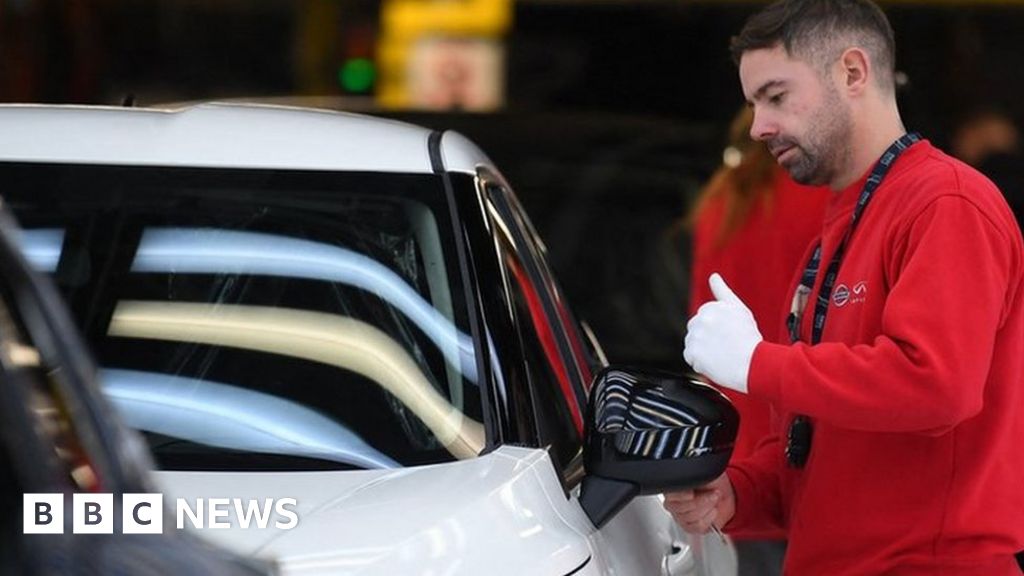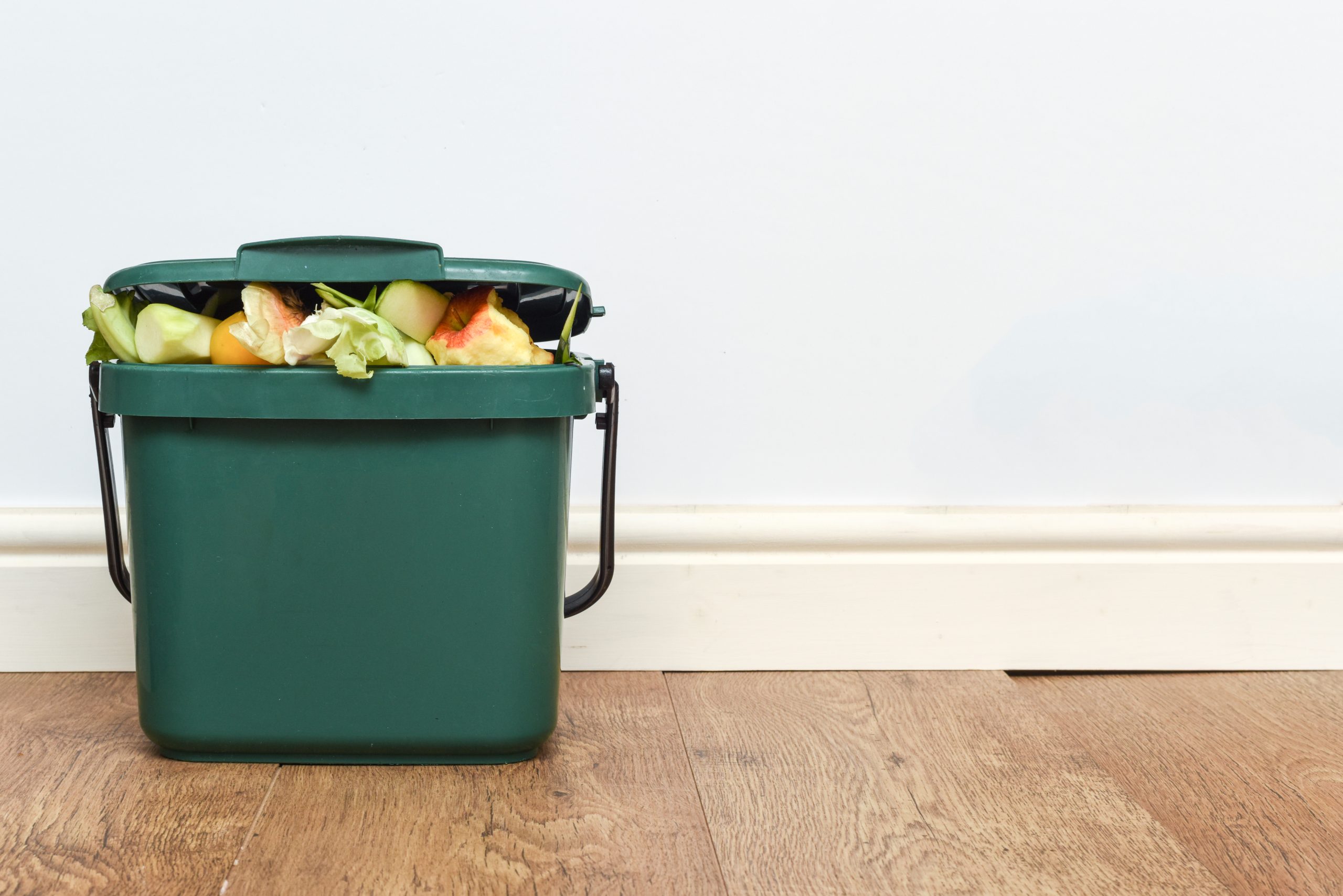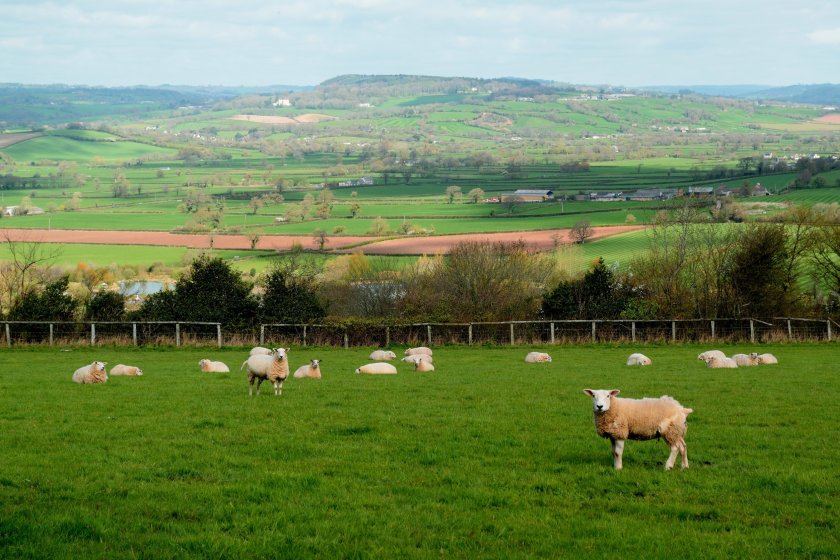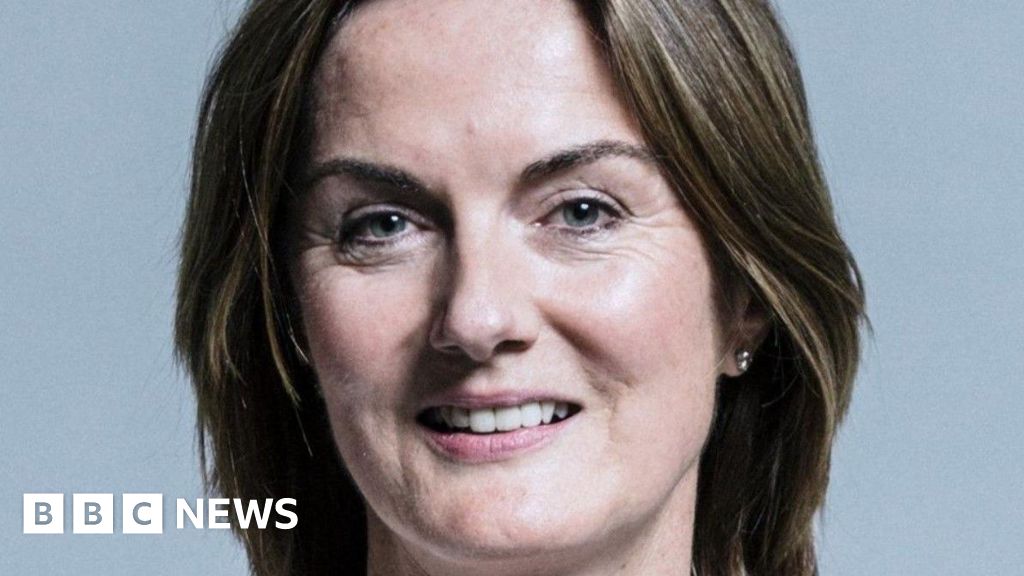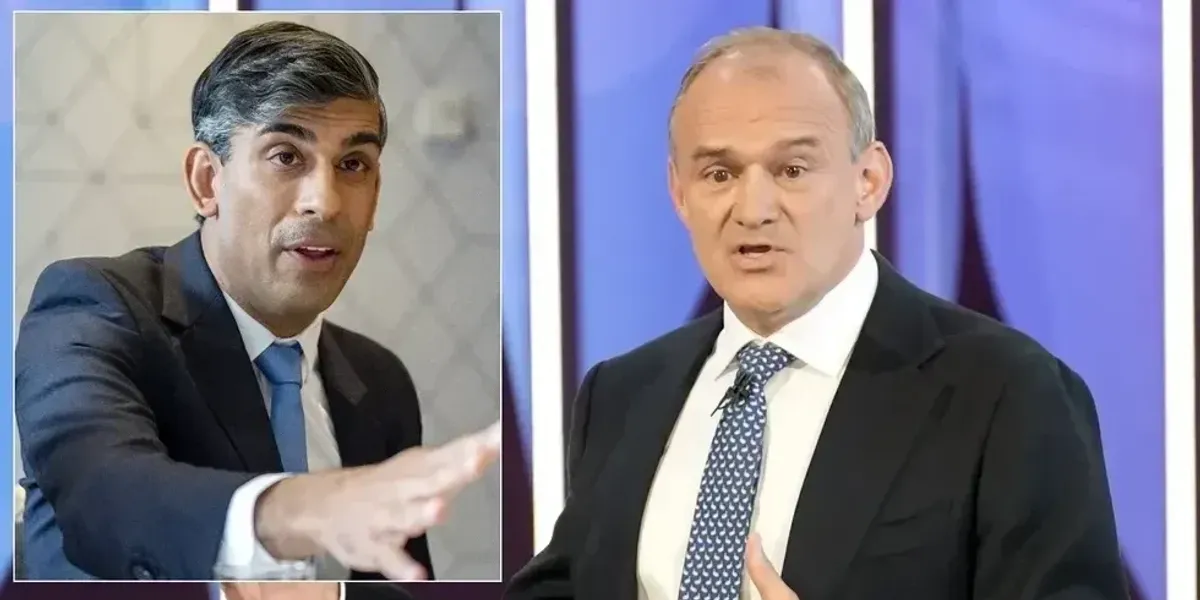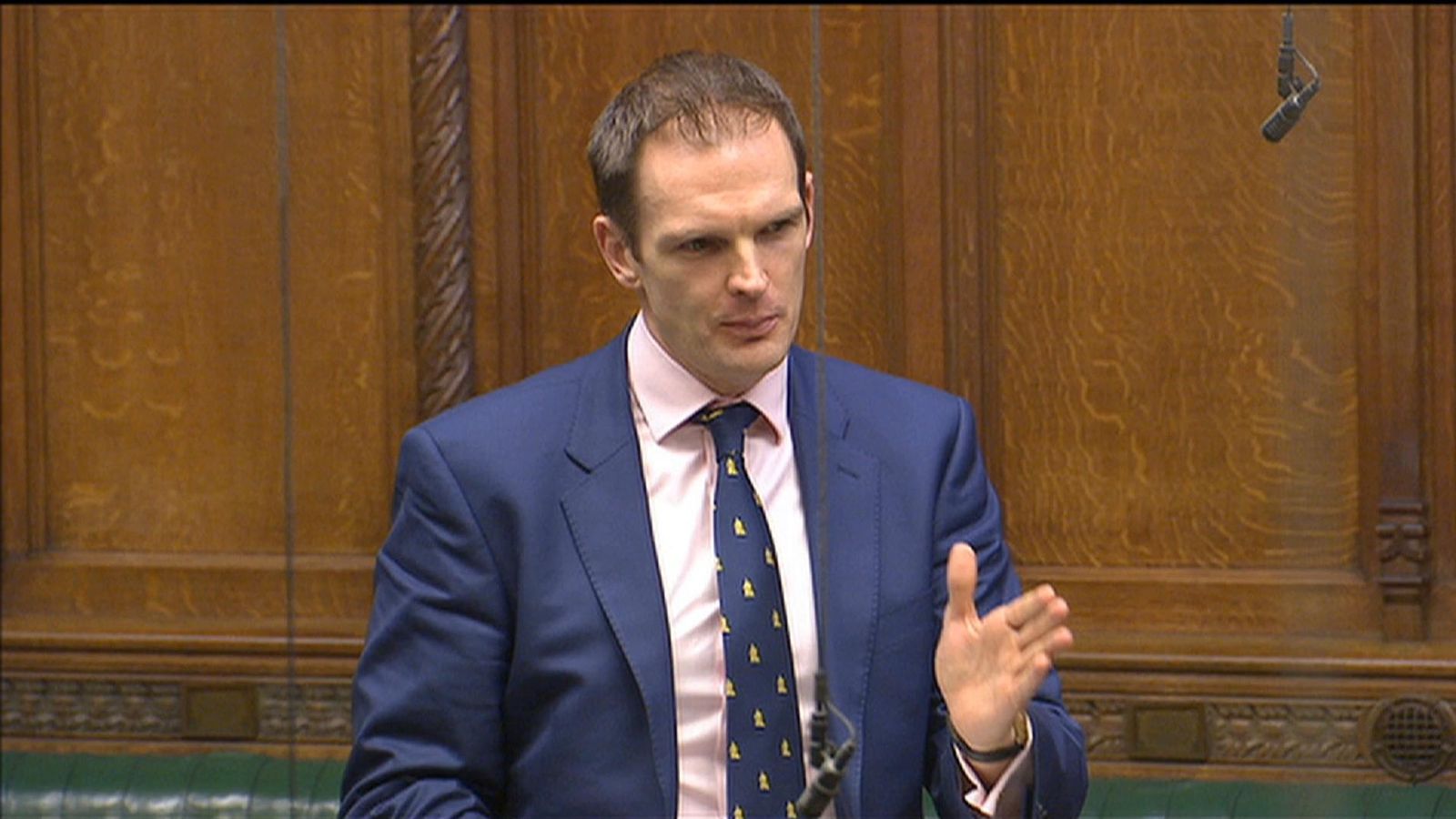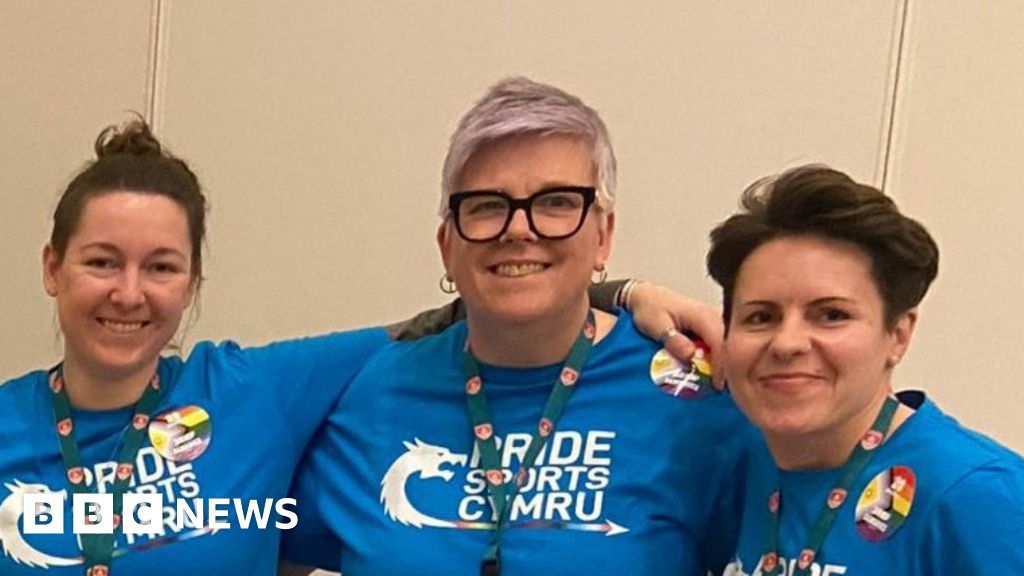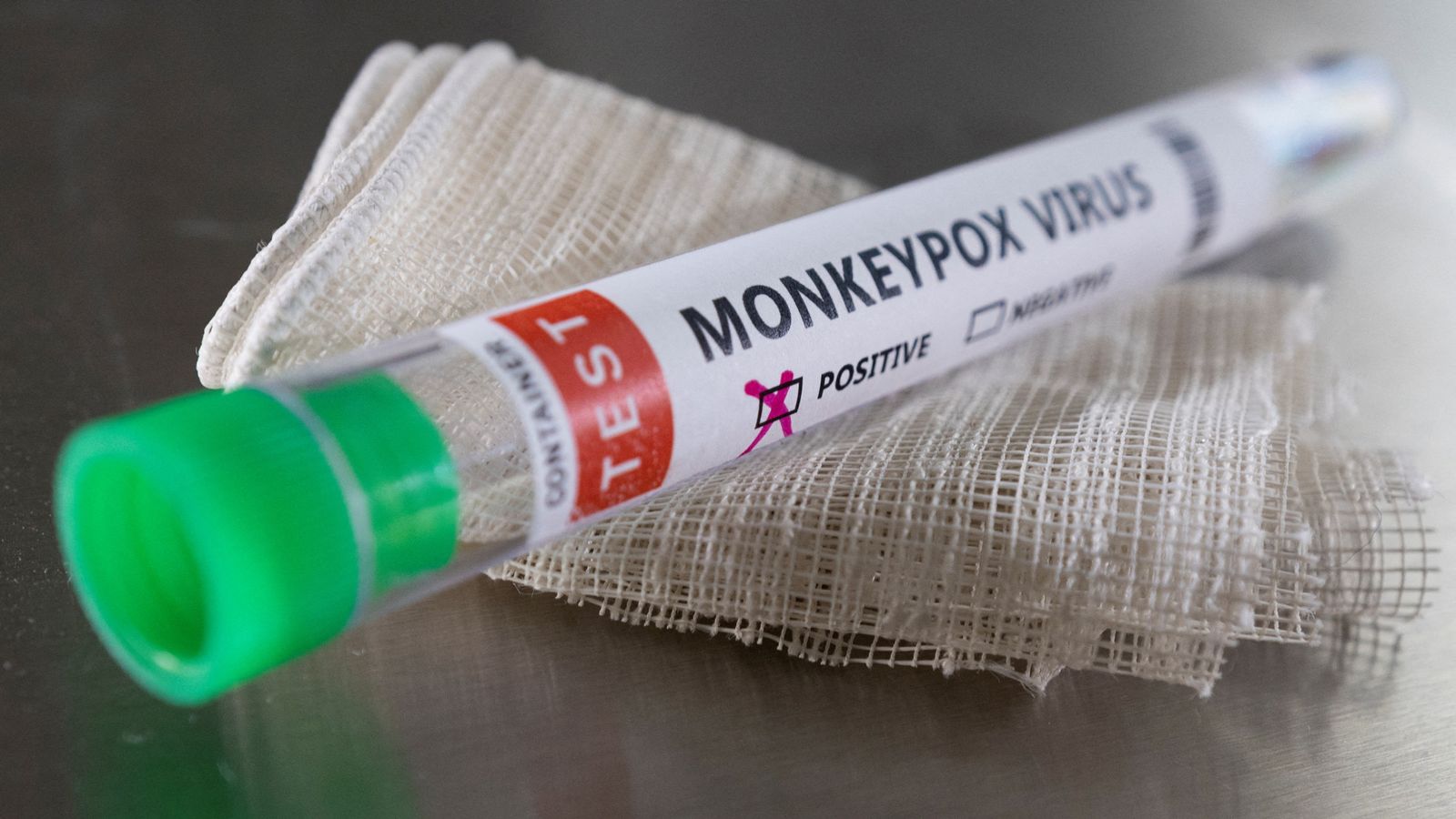Monkeypox is to be listed as a notifiable disease in law from 8 June, the UK Health Security Agency has said.
It means all doctors in England are required to notify their local council or local Health Protection Team (HPT) if they suspect a patient has monkeypox.
Labs must also notify the UKHSA if the virus is identified in a laboratory sample.
It comes after the total number of confirmed monkeypox cases in the UK reached 302 on Monday.
Wendi Shepherd, Monkeypox incident director at UKHSA, said: “Rapid diagnosis and reporting is the key to interrupting transmission and containing any further spread of Monkeypox. This new legislation will support us and our health partners to swiftly identify, treat and control the disease.
“It also supports us with the swift collection and analysis of data which enables us to detect possible outbreaks of the disease and trace close contacts rapidly, whilst offering vaccinations where appropriate to limit onward transmission.”
Prof David Heymann, Professor of Infectious Disease Epidemiology, London School of Hygiene & Tropical Medicine (LSHTM), said that making monkeypox a notifiable disease “suggests a desire to be sure to have reporting from all sectors – public and private – and all parts of the NHS”.
He added: “It suggests that the government wants to focus surveillance on the entire population – not only on the risk groups identified so far.
“This will permit clear identification of all risk groups and help better understand the epidemiology and extent of spread.”
The UKHSA has insisted the risk to the general population “remains low” because the virus, which is transmitted through close physical contact, does not spread easily.
It can live on surfaces such as bedsheets or towels, however.
People are advised to look out for rashes that are unusual to them or an ulceration.
1:39
What it’s like to catch monkeypox
Updates on the number of daily monkeypox cases were not released by the government over much of the bank holiday weekend – but on Thursday 11 cases were logged.
Last week, data from the UKHSA said that more than 50% of cases in England have been found in men who are gay, bisexual or other men who have sex with men.
Most monkeypox cases have occurred in people aged 20 to 49 years old.
Of the 190 cases reported between 6 and 31 May, 111 cases were males known to be gay, bisexual, or other men who have sex with men, according to the UKHSA.
A UKHSA spokesperson said there will be no update on Monkeypox case numbers today – with the next update due to be released on Wednesday.





